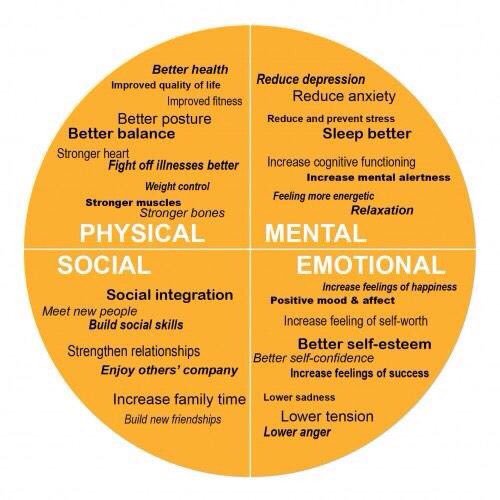
Emotional Resilience: Nurturing Well-being
In the intricate tapestry of well-being, emotional resilience forms a crucial thread. Let’s explore the significance of emotional well-being and uncover strategies to cultivate emotional resilience for a fulfilling life.
Understanding Emotional Resilience
Emotional resilience is the ability to adapt and bounce back from life’s challenges. It involves navigating through adversity, managing stress, and maintaining a positive outlook. Understanding the concept of emotional resilience lays the foundation for nurturing overall well-being.
Building a Supportive Network
A supportive network is instrumental in fostering emotional resilience. Surrounding yourself with friends, family, or a community that provides understanding and encouragement creates a safety net during challenging times. Cultivate meaningful relationships that contribute positively to your emotional well-being.
Cultivating Emotional Intelligence
Emotional intelligence is the capacity to recognize, understand, and manage your own emotions, as well as those of others. Cultivating emotional intelligence enhances self-awareness and interpersonal relationships, key components of emotional resilience. Practices such as mindfulness and self-reflection contribute to this development.
Practicing Mindfulness Meditation
Mindfulness meditation is a powerful tool for nurturing emotional well-being. It involves being present in the moment without judgment. Regular mindfulness practice helps reduce stress, enhance self-awareness, and build emotional resilience by fostering a calm and centered mindset.
Learning Healthy Coping Mechanisms
Developing healthy coping mechanisms is essential for emotional resilience. Instead of avoiding or suppressing emotions, learn constructive ways to cope with them. This might include talking to a friend, journaling, or engaging in activities that bring joy and relaxation.
Setting Realistic Goals and Expectations
Setting realistic goals and expectations for yourself is a key aspect of emotional resilience. While aspirations are essential, ensure they are achievable. Unrealistic expectations can lead to frustration and disappointment, negatively impacting your emotional well-being.
Embracing Change and Adaptability
Life is dynamic, and embracing change is a hallmark of emotional resilience. Developing an attitude of adaptability allows you to navigate uncertainties with greater ease. Resisting change can contribute to stress and hinder emotional well-being.
Prioritizing Self-Care Practices
Self-care is fundamental to emotional well-being and resilience. Allocate time for activities that rejuvenate and nourish your mind, body, and soul. Whether it’s reading, spending time in nature, or practicing a hobby, self-care contributes to emotional balance.
Seeking Professional Support When Needed
Recognizing when to seek professional support is a sign of emotional intelligence and resilience. Therapists, counselors, or support groups can provide valuable insights and coping strategies. Seeking help is a proactive step toward maintaining and improving emotional well-being.
Fostering a Positive Outlook on Life
Maintaining a positive outlook on life is a powerful driver of emotional resilience. While challenges are inevitable, viewing them as opportunities for growth and learning can shift your perspective. Cultivating optimism contributes to emotional strength during difficult times.
Conclusion: A Journey to Emotional Well-being
In conclusion, nurturing emotional resilience is a continuous journey that involves building a support network, cultivating emotional intelligence, practicing mindfulness, and embracing change. By prioritizing self-care, seeking professional support when needed, and fostering a positive outlook, you can navigate life’s ups and downs with greater emotional well-being.
Explore more about Emotional Well-being and resilience strategies at StudentAls for additional resources and insights on nurturing a healthy emotional life.



